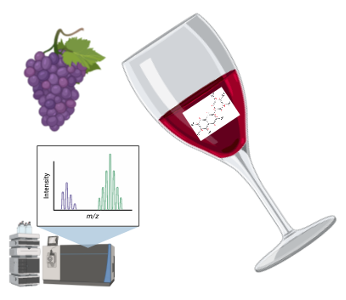Project No.2422
PRIORITY PROJECT
Primary Supervisor
Dr Marina Ezcurra- University of Kent
Co-Supervisor(s)
Dr Eleftheria Stavridou – NIAB East Malling
Kieron Edwards – Sibelius Limited (CASE partner)
Summary
MAJOR SOCIETAL CHALLENGES: CLIMATE CHANGE AND HUMAN HEALTH
Climate change is a major challenge to society, threatening livelihoods, communities and food production. Food production itself is a major contributor to carbon emissions and driver of climate change; identifying ways to reduce emissions while increasing food production is an urgent need. In parallel, societies face massive challenges related to human ill-health. Rapidly ageing populations combined with unhealthy diets are causing a tsunami of ill-health that threatens healthcare systems and social cohesion. Addressing these two challenges simultaneously would provide great benefits to planetary health and human wellbeing.
PLANT WASTE – A SOURCE OF HEALTH-PROMOTING COMPOUNDS Agricultural food production results in large amounts of plant waste due to cosmetic reasons or as a result of wine/juice pressing and food processing, reducing productivity and negatively impacting on the environment. As plants produce a vast range of compounds with beneficial effects, this waste also leads to loss of nutritious food sources that could be used to produce new healthy foods.
The goal of this project is to generate scientific knowledge to enable the upcycling of plant waste to affordable foods that sustain health. We will focus on viticulture because the wine industry produces large amounts of waste from grape pressing and fruit deemed unsuitable for wine production. Grapes and grape skins have high levels of bioactive compounds with well-established health effects (anthocyanins and flavanols with cardiovascular-, neuro- and metabolic health promoting properties). Grape seeds are rich in prebiotic oligosaccharides (functional fibre improving gut health through the microbiome). Grape compounds have sensory attributes (smell, taste, texture) desirable for development of foods.
CANDIDATE QUALITIES The project combines biochemistry, bioinformatics, genetics and whole-animal physiology (model organism C. elegans) to identify and extract plant compounds and determine mechanisms by which they improve health. The project is a collaboration between the University of Kent and Sibelius Natural Products and involves being part of a dynamic research team and working across sectors and research teams. It is well suited for a motivated PhD candidate with a strong foundation in science that enjoys learning new techniques, interdisciplinary work, interacting with industrial partners and combining collaborative research with independent work.

